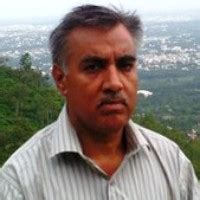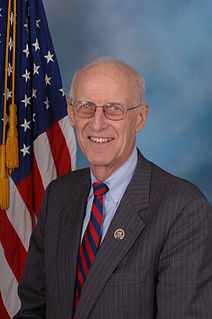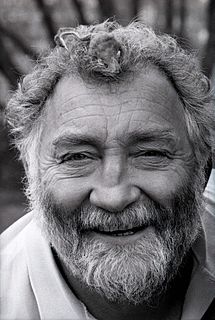A Quote by Murari Lal Sharma
We thought that if we can highlight it, it will impact policy-makers and politicians and encourage them to take some concrete action.
Related Quotes
Because we aren't certain about the effects of GMOs, we must consider one of the guiding principles in science, the precautionary principle. Under this principle, if a policy or action could harm human health or the environment, we must not proceed until we know for sure what the impact will be. And it is up to those proposing the action or policy to prove that it is not harmful.
China is attempting the death-defying feat, which no one has attempted in the history of the world, which is to move a billion people out of poverty. When I speak to Chinese policy-makers, the thing that annoys them the most about Western policy-makers is that they're not given any credit for anything.
By the time it becomes obvious that a technology will have truly disruptive impact, it is often too late to take action. This is one reason why we are such advocates of using theory to try to analyze industry change. Conclusive evidence that proves that a company needs to take action almost never exists. In fact, the data can fool management, lulling them into a false sense of security.
Politicians have available a very nice EAP [employee assistance program]. There are psychological services available. All they have to do is pick up a phone. All the parties encourage them to do that. There are very few politicians who, once they're elected, take the time to rest and recover, whether you look at John Tory's schedule or Kathleen Wynne.
The public has moved beyond politicians. For example, I'm not worried about them repealing protections for the LGBT community, because the public is beyond that. I'm not worried about them being able to change the way in which we have reached out and provided many more opportunities for women. And I - but here's what does concern me. What concerns me is that they will make some judgments in the foreign policy area, without having thought it through that may cause a lot of problems.
In 2007 and 2008, it was impossible to get American and British policy makers, or Pakistani politicians, to acknowledge that the Taliban leadership was in Pakistan. This is the great virtue of the early statements of the Obama administration, when Obama himself, Richard Holbrooke and others, said that the threat to both countries comes principally from western Pakistan, in Balujistan and Waziristan. So there has been some progress, but probably the hardest part is yet to come.
Even though you try to put people under control, it is impossible. You cannot do it. The best way to control people is to encourage them to be mischievous. Then they will be in control in a wider sense. To give your sheep or cow a large spacious meadow is the way to control him. So it is with people: first let them do what they want, and watch them. This is the best policy. To ignore them is not good. That is the worst policy. The second worst is trying to control them. The best one is to watch them, just to watch them, without trying to control them.



































